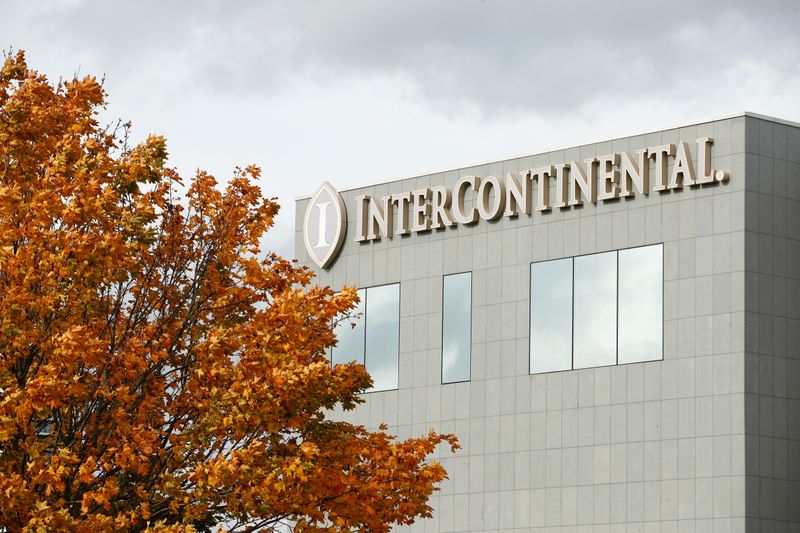Goldman Sachs in a note dated Wednesday has revised its ratings in the European hotel sector, upgrading InterContinental Hotels Group to a “buy” from “neutral” and downgrading Whitbread (LON:WTB) to “neutral” from “buy.”
For IHG, Goldman Sachs has raised its price target to 9,350p, indicating a potential upside of approximately 20%.
“This creates an entry point into a high-quality asset-light hotel franchising platform, offering a 15.1% EPS CAGR over 2023-28E, a 7% shareholder return p.a. across dividends and buybacks, and among the highest ROIC (c.46% 2025E) in our coverage,” analysts said.
This stems from stronger-than-expected fee revenue growth and larger share buybacks, factors that Goldman believes will outpace consensus estimates.
The company’s improved earnings trajectory reflects IHG’s strengthened enterprise platform, which includes enhancements to its loyalty program and brand portfolio, as well as operational improvements such as the integration of Amadeus’ Guest Reservation System.
The valuation gap between IHG and its U.S. peers is another factor influencing Goldman’s decision to upgrade.
Over the past six months, IHG’s shares have de-rated relative to U.S. hotel giants like Marriott and Hilton, widening the discount to about 17-18% on a price-to-earnings basis.
This valuation gap, however, is seen as unjustified given IHG’s improved EPS growth outlook and strong return on invested capital.
“IHG’s enhanced long-term EPS growth algorithm, improved enterprise platform, and optionality on ancillary revenue streams merits a narrower valuation discount to its key US peers, in our view,” analysts said.
An additional opportunity lies in IHG’s ancillary revenue streams, particularly from co-branded credit cards. Goldman sees significant potential for IHG to negotiate better terms with its credit card partners, which could drive further earnings upgrades and support incremental share buybacks.
Currently, IHG’s earnings from co-branded credit cards are not fully reflected in its valuation, but improvements in this area could provide meaningful upside.
Moreover, IHG’s asset-light business model, with 72% of its rooms franchised, supports a high level of cash generation and shareholder returns.
With a return on invested capital estimated to reach around 46% by 2025, IHG is expected to maintain its position as one of the most profitable companies in the hotel industry.
The company’s ability to convert earnings into free cash flow has also been a key factor in supporting its buyback program, which is expected to yield annual returns of around 7% for shareholders.
In contrast, Whitbread has been downgraded to “neutral” with a price target of 3,500p, reflecting a more modest 14% upside.
While Whitbread remains a well-managed business with a clear strategy for capitalizing on structural shifts in the UK hotel market, Goldman Sachs has become more cautious about its near-term growth prospects.
The company’s like-for-like sales growth in the UK is expected to remain subdued at 0.5% in FY25, reflecting soft RevPAR trends and relatively low room additions.
Whitbread’s UK operations are also expected to add only 1,000 new rooms in FY25, limiting growth in the short term.
While Whitbread continues to benefit from the long-term migration from independent to budget-branded hotels, and its expansion strategy in Germany presents future opportunities, these factors are not expected to drive significant near-term performance.
“If RevPAR were to weaken, WTB’s higher downside operating leverage vs. asset-light peers, together lead us to see greater upside potential elsewhere in our coverage on a 12-month view,” analysts said.
Whitbread’s higher operating leverage means that any decline in revenue would have a more pronounced impact on profitability compared to asset-light competitors like IHG.




